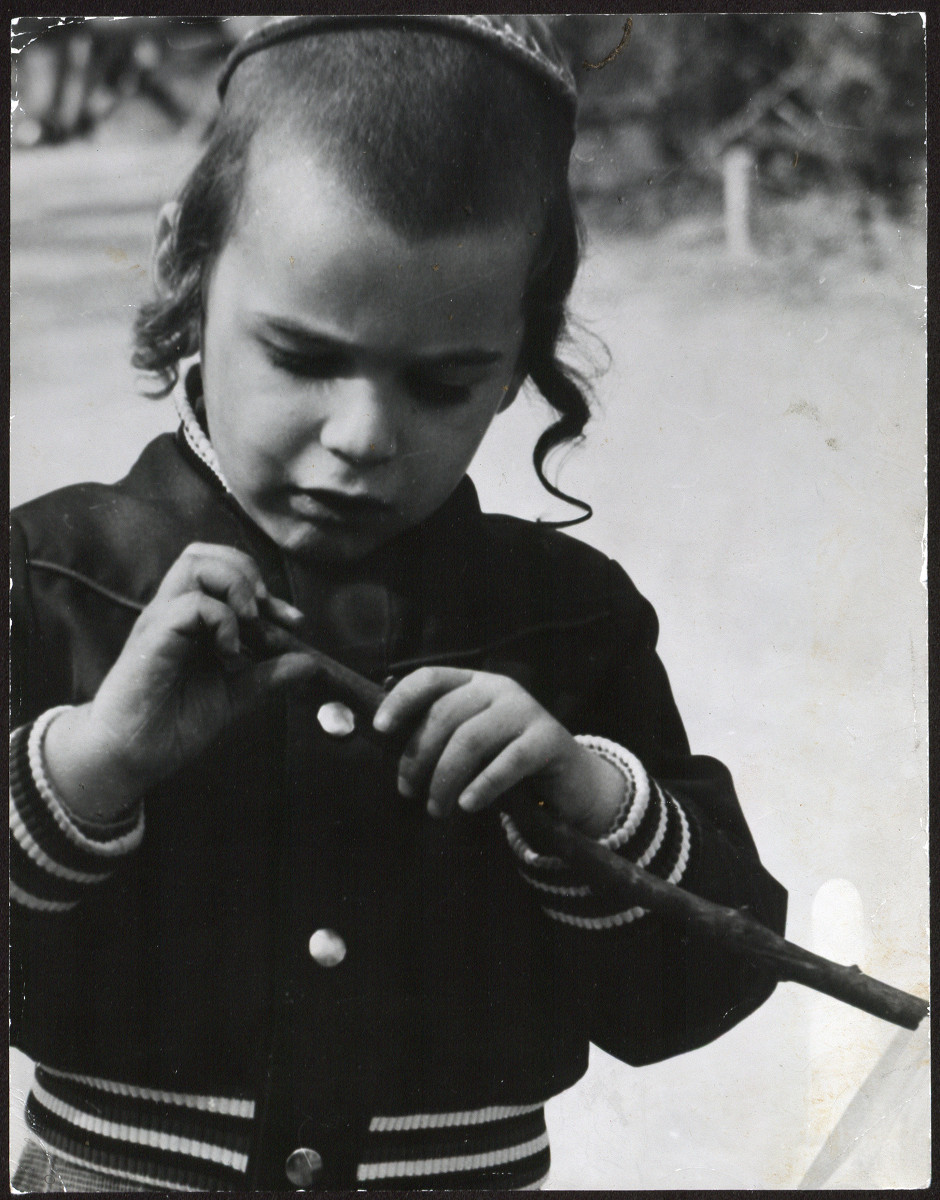- News
- Events
- Oneg Shabbat
- Collections
- Research
- Exhibitions
- Education
- Publishing Department
- Genealogy
- About the Institute
- Bookstore

Grandma’s name was Rosenberg. Am I Jewish?
We hear questions like that rather often. Someone encounters a name with a Germanic sound to it and jumps to the conclusion that the name is Yiddish. Other “non-standard” Polish names are taken, due to their “exotic” nature, to be Hebrew - — by individuals with no knowledge of Hebrew. In fact, any name can potentially be a “Jewish name,” i.e. a name used by a Jew. Two people bearing the very same name can be, respectively, a Jew and a non-Jew, descending from completely separate lineages. So, if a Jew can have any name that a non-Jew can have, is there really such a thing as a uniquely Jewish name, one that can point with reasonable certainty to Jewish ancestry? The answer to that is YES and it applies to a relatively small segment of the Jewish population.
Uniquely Jewish surnames fall into a number of categories which we briefly survey here
1. In many (probably most) languages, people were known for the trade they plied or the profession they practiced, e.g., Eng.: Taylor / Germ. + Yidd.: Schneider / Polish: Krawiec / Russ.: Portnoy. That was just as true of the Jewish population which, alongside the Yiddish Schneider, retained the Hebrew name Chayat or Chait, also meaning tailor. Everyone had tailors and everyone knew who they were. The same was true of other occupations. But the Jews had something their non-Jewish neighbors did not: Uniquely Jewish surnames derived fromuniquely Jewish occupations. What were some of these special occupations?

Moving from the Temple of Jerusalem to the synagogue of later centuries, we come to roles played in the latter institution: